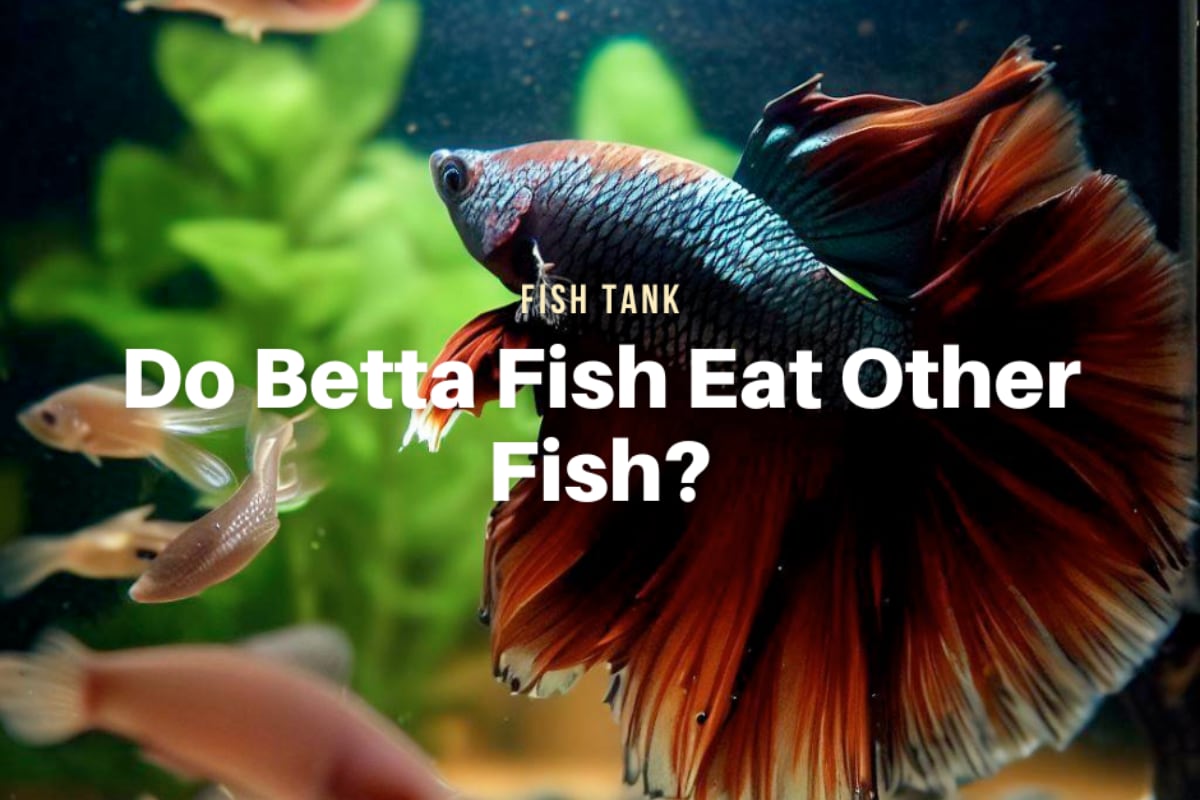Fish need to be fed often, but what they eat and how much they eat are important for their health and well-being.
As an aquarium hobbyist, having a stash of quality fish food on hand is essential for keeping your finned friends healthy and vibrant. But what happens when you unexpectedly run out? Fear not – there are numerous alternatives you can use to feed your fish in a pinch besides traditional flakes or pellets.
With a bit of care and research into what’s safe for your particular species, many common household foods can stand in when fish food supplies are low. Let’s explore some nutritious and handy options.
Why Consider Alternatives?
Supplementing diet with alternatives has advantages
-
Adds variety and enrichment to fish’s monotonous diet
-
Provides extra nutrients and vitamins
-
Allows observation of natural feeding behaviors
-
Can be more cost-effective than fish food
-
Handy backup if you run out of fish food unexpectedly
Of course, alternatives should never completely replace proper fish food designed to meet fish’s nutritional needs. But used prudently, they make a great addition.
Tips for Feeding Alternatives
When using alternatives, keep these tips in mind:
-
Know your fish’s diet – carnivore, herbivore, omnivore?
-
Introduce new foods slowly and watch for reactions
-
Chop foods to proper bite-size for fish
-
Feed only what they can eat quickly to avoid waste
-
Remove uneaten food to avoid water fouling
-
Don’t make any one food a staple
-
Keep up variety and nutrient balance
Now let’s look at some healthy and handy alternatives you likely have on hand!
Fruits and Vegetables
For omnivorous and herbivorous fish, produce provides fiber, vitamins and minerals. Offer bite-size pieces of:
-
Cucumber
-
Zucchini
-
Peas
-
Spinach or lettuce
-
Melons
-
Berries
Avoid citrus, avocado, onions and other acidic or toxic produce. Use sparingly along with other foods.
Protein Sources
Meaty options work for omnivorous or carnivorous fish. Try tiny portions of:
-
Hard boiled egg yolk
-
Shrimp or mussels
-
Raw table shrimp or fish
-
Mealworms or bloodworms
-
Beef heart or liver
Avoid fatty meats. Introduce carefully and feed along with other foods.
Grains and Legumes
Cook plain grains simply and mash legumes for omnivores. Good options:
-
Cooked brown rice
-
Oatmeal
-
Lentils
-
Peas
-
Finely crumbled cornbread
Avoid seasoned dishes or grains with additives. Feed sparingly with other foods.
Dairy and Eggs
In small amounts, dairy and cooked eggs offer protein for omnivores:
-
Hard boiled egg yolk
-
Plain yogurt
-
Small amounts of cheese
Avoid feeding too much dairy as it can pollute water.
Aquatic Plants
Herbivores will graze happily on fresh aquatic plants like:
-
Anacharis
-
Java moss
-
Duckweed
-
Water lettuce
Rinse well and remove any pesticide residue before feeding.
Leftover Fish Food Soak
Soak low quality fish food flakes in garlic juice or vitamin supplement to enhance nutrition. Or revive soggy fish food by soaking briefly in tank water before feeding.
Homemade Foods
With a blender and quality ingredients, you can make nutritious homemade gel foods and freeze them into blocks to have on hand. Tailor recipes to your fish’s diet.
Live Foods
Live foods like brine shrimp, daphnia, or mosquito larvae provide exercise and enrichment. But avoid feeding exclusively live foods as they lack nutritional balance.
Fast Day
Going a day or two without food occasionally is fine for most adult fish. Allows the digestive system to clear out and promotes natural foraging behaviors.
With a little creativity, you can find many healthy and readily available alternatives to traditional fish food. Feed a variety for enrichment and nutrition. But make sure proper fish food remains the staple for a balanced diet.
By exploring alternatives, you’ll have reliable backup foods on hand for when supplies run low. And your fish will enjoy the extra stimulation and nutrition variety provides! Just feed alternatives in moderation alongside quality fish food for happy, healthy aquarium inhabitants.

What To Feed Your Fish | RSPCA – RSPCA
Fish need to be fed often, but what they eat and how much they eat are important for their health and well-being.
A well-balanced diet for pet fish
You need to buy the right type of food for your fish. For example, dont buy your goldfish tropical fish flakes. This is because they contain different levels of nutrients.
Its also important to supplement fish food flakes with other foods for balanced nutrition and enrichment.
For example:
- Goldfish love chopped vegetables such as peas and spinach.
- Tropical fish vary in what theyll eat. If the fish is frozen, make sure it is fully thawed first. Then, crumbled boiled egg yolk and lettuce leaf may work.
- Some types of plecos need to eat plants, like potatoes, or pieces of wood to chew on.
- Water fleas, also known as daphnia or brine shrimp, are great for tropical fish and are easy to find in frozen packs. Because they are high in protein, you should only give goldfish small amounts of them.
Different tropical fish species may need their food given to them in different ways. Middle and bottom-dwelling species will need their food in quickly sinking food or compressed food tablets. Nocturnal species, like some catfish, need to be fed last thing at night.
